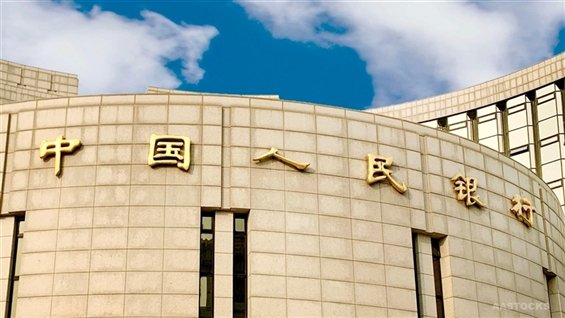Now Reading: Money blog: €20 charge for Britons travelling to EU from next year – what you need to know | Money News
-
01
Money blog: €20 charge for Britons travelling to EU from next year – what you need to know | Money News
Money blog: €20 charge for Britons travelling to EU from next year – what you need to know | Money News

Two future changes for Britons travelling to Europe – including increased €20 charge
Two upcoming changes will affect Britons travelling to Europe.
Post-Brexit, rules for heading to the continent have changed – and are still changing.
Here are two on the horizon – one which will cost you, and the other which could see you stuck in queues for longer.
‘Longer queue times’
Europe is in the process of rolling out a new entry-exit system (EES).
The British government describes the EES as: “A new digital border system that will change requirements for British nationals travelling to the Schengen area.”
Britons will have to register biometric data like fingerprints and a photo of their face when they arrive.
This is set to replace the current system of stamping passports.
While Britons travelling to Europe this summer won’t be hit by this, the EES is scheduled for a “gradual” rollout from 12 October onwards.
But the British government warns that the EES may lead to “longer queue times when you arrive at your destination” at airports.
And for ports and international train stations, “there may be increased wait times,” it added.
ETIAS fee expected to increase to €20
From next year, Britons travelling to Europe will have to start paying for authorisation to enter as well.
This is because they’ll need an ETIAS.
This is a document for visa-exempt travellers to Europe, like Britons.
While it was originally proposed to cost just €7 (£6), it now looks likely to cost €20 (£17.30) from its implementation in late 2026.
That’s because the European Commission voted for the higher fee this month, to put it in line with other similar schemes around the world, such as in the US and Canada.
The European Parliament and European Council have two months to review the new proposed price, and suggest any changes.
When it does come into force, children under 18, seniors over 70, and certain family members of EU citizens won’t have to pay the fee.
As with any holidays or trips abroad, it’s always worth checking well in advance of any requirements – especially with neither the ETIAS or EES yet finalised or in place.


















































